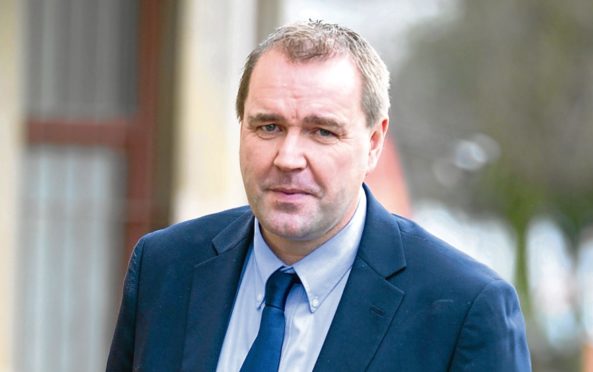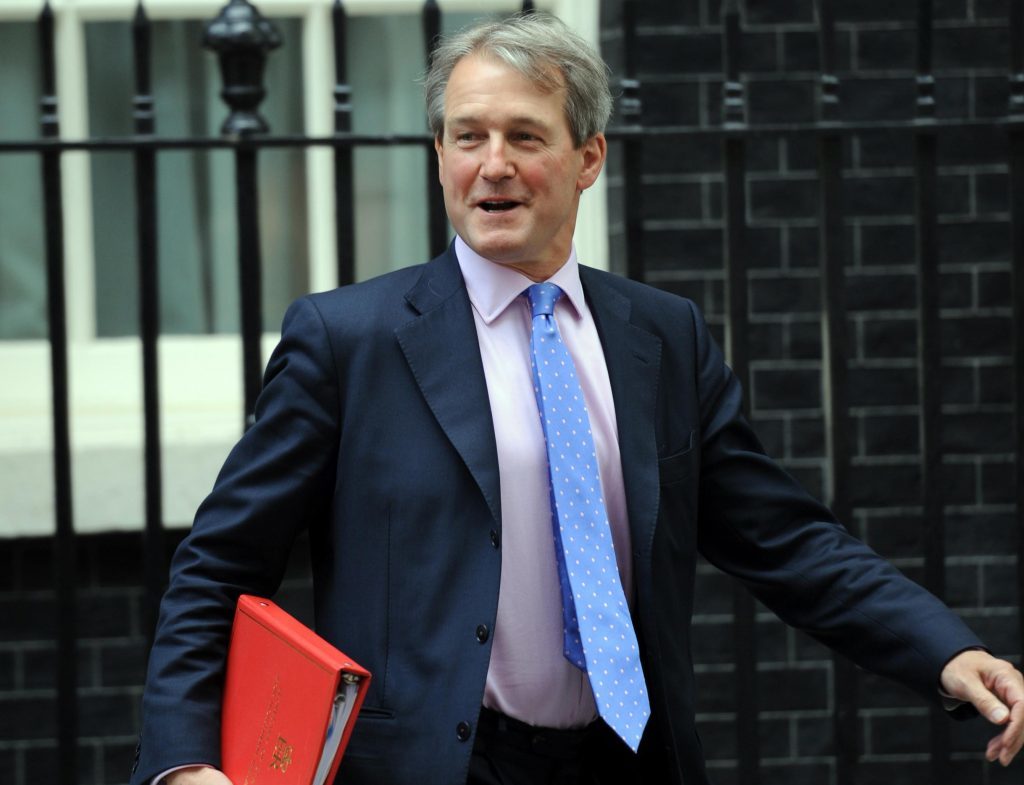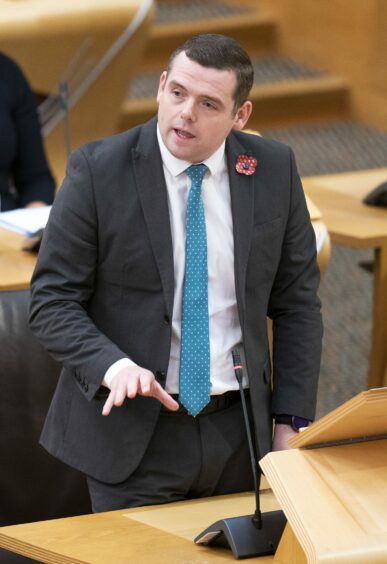
A former MSP who tried to ban Holyrood politicians from having second jobs said the Scottish Parliament should revive the proposed legislation in the wake of another Westminster sleaze scandal.
Neil Findlay launched a bill in 2019 to stop politicians working part-time after being elected but, despite being backed by 95% of the 500 individuals and organisations who responded to a public consultation, it was never debated as Covid restrictions cut parliamentary time before May’s Holyrood election.
Findlay, who stood down at the election, has called on MSPs to take his bill forward after the Owen Paterson lobbying scandal, which has renewed focus on the outside earnings of elected politicians on both sides of the border.
He said: “We can clearly see this bill is now needed more than ever. I look forward to an MSP of any party picking up my bill and taking it forward. This legislation would be preventative action to ensure we don’t end in the same mess as Westminster but would also address the issue of serving MSPs who have other interests.”
Standards investigators found Paterson had abused his position by repeatedly lobbying officials on behalf of two private companies without acknowledging they were paying him £9,000 a month. He quit as an MP.
Meanwhile, it was revealed last week that former attorney general Sir Geoffrey Cox has earned up to £6 million from his second job as a barrister, working more than 10,000 hours while serving as a Conservative MP. He earned more than £800,000 advising the British Virgin Islands in a corruption probe launched by the Foreign Office.
Yesterday, Scottish Tory leader Douglas Ross, a list MSP for the Highlands and Islands, MP for Moray and a professional football referee, reported himself to the standards commissioner after it emerged he had failed to declare some of his earning.
Yesterday he apologised for failing to fully record his MSP salary and earnings as a football referee in his register of interests at Westminster.
He said he donates his £21,000 MSP salary to charity so had not thought to declare the money along with £6,700 for working as a match official for the Scottish Football Association.
He said it was an oversight but told the BBC he regretted what was a serious mistake: “I am extremely sorry. This was a bad error.”
Findlay’s proposed bill would have had exceptions for professionals required to work a certain number of hours per year to stay on the professional register of their previous jobs.
The Scottish Conservatives’ health spokesman, Dr Sandesh Gulhane, works one day per week as a GP and earn between £30,001-£35,000 a year.
Meanwhile, Highlands and Islands Tory MSP Sir Edward Mountain, who receives £35,000-£40,000 a year for two to four hours a week overseeing his farming business. He also spends an hour a week on his rod and line salmon fishing business, for which he received £10,000 income in 2017.
Fellow Highlands and Islands Conservative MSP Donald Cameron is a non-executive director of Edinburgh Worldwide Investment Trust, attending five board meetings a year, lasting half a day each, and receiving £25,000-£30,000 a year.
Aberdeenshire West Conservative MSP Alexander Burnett earns over £170,000 a year from his north-east estate. He says he spends one day or less a month on the business. He also earns £20,000-£25,000 from a property company.
There are also 17 MSPs who work as councillors, roles they had before being elected to Holyrood. Some work more than 20 hours a week as councillors. Ten are donating their council salary to charity.

Enjoy the convenience of having The Sunday Post delivered as a digital ePaper straight to your smartphone, tablet or computer.
Subscribe for only £5.49 a month and enjoy all the benefits of the printed paper as a digital replica.
Subscribe
